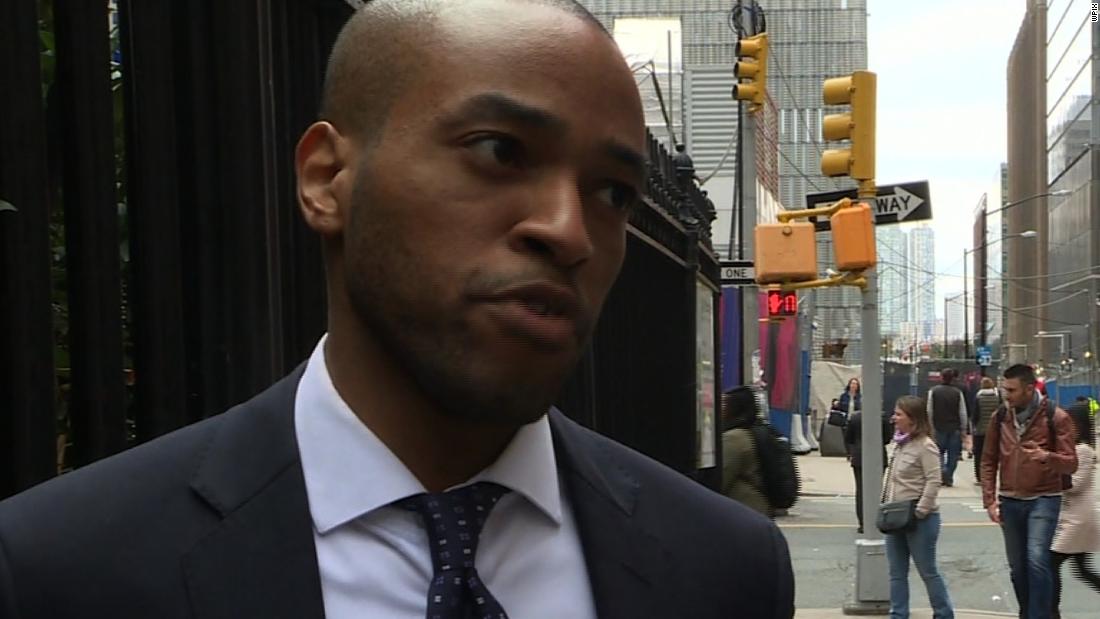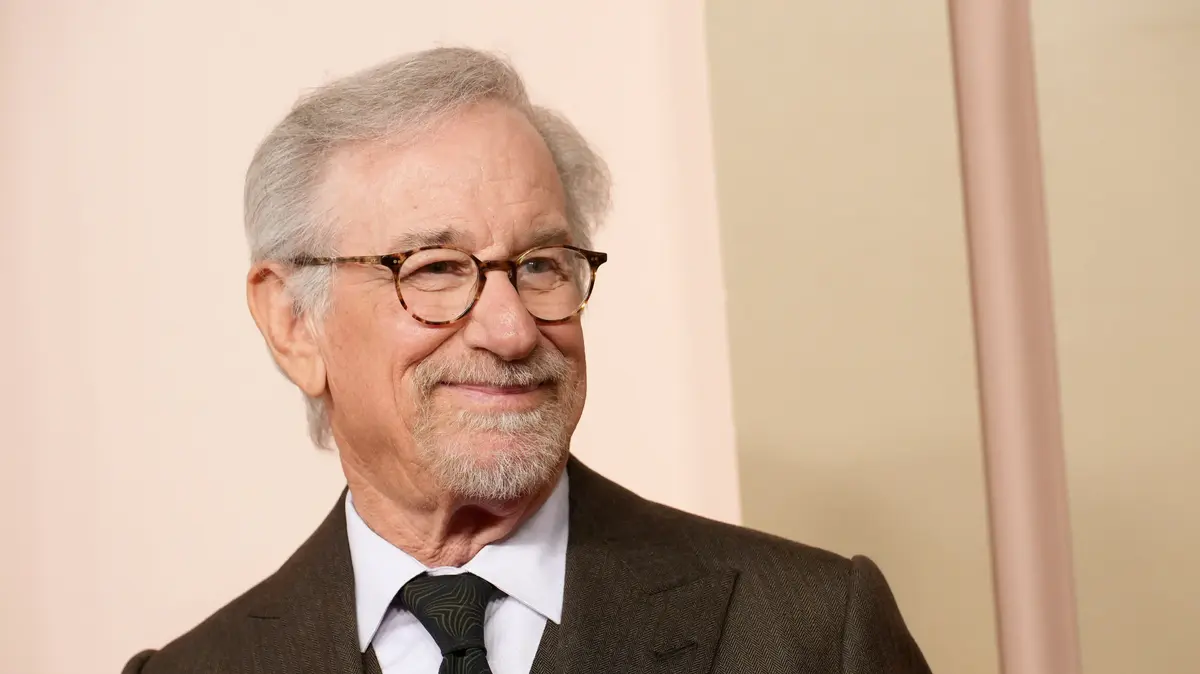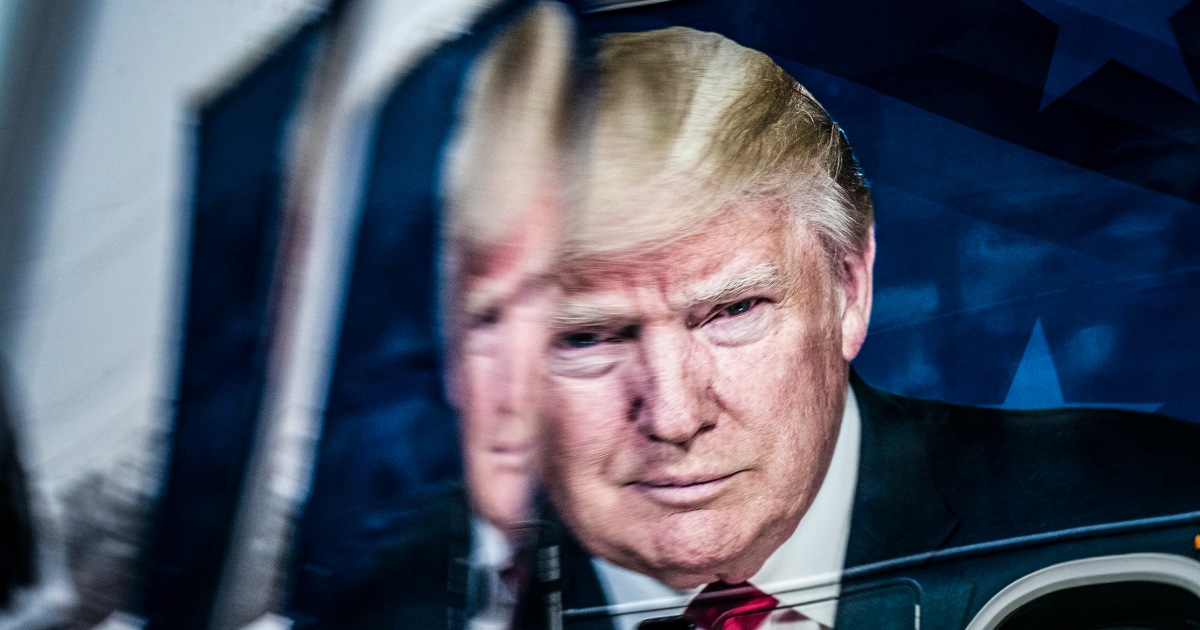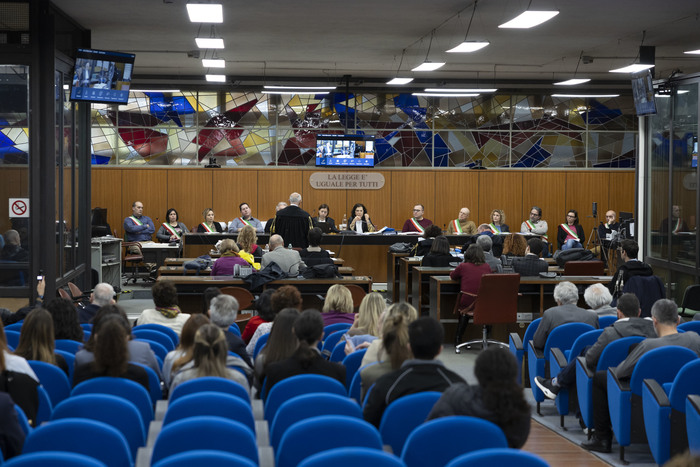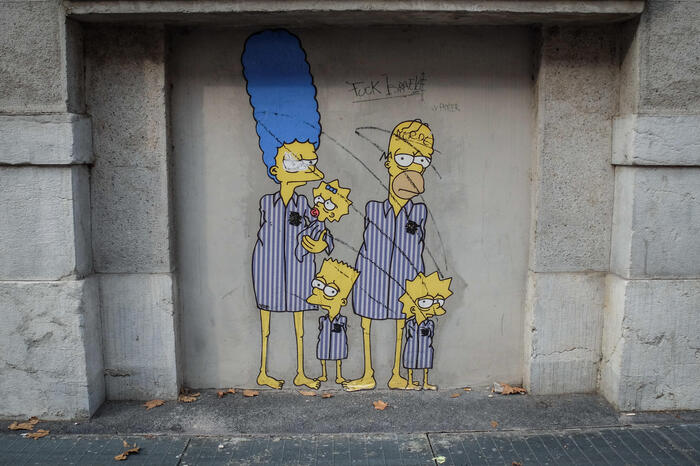(CNN) - The headlines appear with alarming frequency: people of color in their daily affairs - shopping, golfing, moving - just to call the police against them.
LOOK: Patient arrested for walking outside the hospital denounces racism
But for every story that makes news, there are many other cases that don't involve the police. Black customers who are closely followed by store employees. Hispanic and Muslim students who are asked if they are really American.
This is a daily racial categorization, and not only hurts the victims. It has a malicious multiplier effect in the rest of society, in business, health and public safety.
It is more common than people think
In May 2018, the owner of a golf course called the police for some black women who played very slowly. A mother called the police because two Native American students made her "nervous." And a white student in Yale called the police because a black student was taking a nap in a dormitory building.
LEE: Brazilian high court typifies homophobia as a criminal offense similar to racism
The daily racial categorization is "almost second nature now," said Darren Martin, a 29-year-old black man.
Darren Martin, a former member of the Obama White House staff, was accused of stealing his own apartment.
At the end of April 2018, he moved to his own New York apartment when a neighbor called the police and told him he was an armed robber.
Martin still has no idea what his neighbor might have confused as a weapon.
"It could have been the television, the sofa, the pillows, I don't know," he said. “It is a fear of black men that makes people see things. He had no weapons. I just wanted to move home. ”
For people of color, everyday racial categorization is a humiliation that accumulates one upon another.
LOOK: Children are "whitewashing their skin to avoid racism" as hate crimes against minors increase
When he leaves a store, Martin often hears the same phrase: "Sir, can you turn around and show me what's in your pocket?"
"It's dehumanizing," he said.
The consequences can be dangerous
The day Martin moved, about half a dozen New York police officers appeared under suspicion that he was armed. If he had made a wrong move, Martin said, he could have been killed.
But there is a hidden and much more common danger that comes from racial categorization: long-term health problems.
READ: The struggle to eliminate discrimination and racism in the streets of Cartagena
"There are huge health consequences for those who suffer these daily damages ... due to the constancy of this stress," said Rachel Godsil of the Perception Institute, a research group that helps organizations reduce discrimination.
Minority groups that suffer daily discrimination often suffer high rates of chronic diseases. And black, Latino and Asian customers are charged higher interest rates for cars than whites, even if they have similar credit histories.
Then there is the impact on business. One study found that white interviewers sat further away from black applicants than white applicants and ended the interviews 25% earlier.
LOOK: Archie, Meghan and Enrique's baby, won't cure racism in the UK, but it marks progress
Another study showed that resumes sent with stereotypically white names, such as Emily and Greg, received 50% more callbacks than resumes with stereotyped black names, such as Lakisha and Jamal, even if they had similar characteristics. That study also found that "a white name produces as many more calls as an additional eight years of experience."
Racial profile also affects whites
Godsil urges whites to think about what it should be like to live under a cloud of suspicion. "That's something we whites never have to think about," he said.
As director of research at the Perception Institute, Godsil said that racial profiling has a broad domino effect on everyone.
READ: Does racism have any solution?
"Even if it happens to someone who doesn't look like you, it's a harm to the community," he said.
For example, many calls about a “suspicious person” do not really involve suspicious activities, just a person of color walking down the street.
This type of racial bias wastes agents' time and resources, which could be used, rather, in the protection of communities.
On a more personal level, those who have racial prejudices are also hurting themselves.
When you start to feel anxious about someone's race, Godsil said, activate the cerebral tonsil or tonsil body, the part of the brain that is activated by fear.
LOOK: Black workers sue GM claiming that the plant ignored episodes of racism
"That is a higher level of stress in your body," he said.
"In addition to reducing the damage of bias to those who are being stereotyped, untying races with negative stereotypes would be a physiological benefit for those who have bias ... If people can begin to put aside fear, they will also benefit personally "
Biases often begin at an early age
Racial profiles are often derived from what researchers call "implicit bias," a bias that we may not be aware of.
For example, studies show that “white people will often associate crime with black people without even realizing that they are doing it,” according to the Perception Institute.
And the seeds of bias are often planted in our heads before kindergarten.
READ: Child begs his dad not to report a black man to the police
"Social scientists believe that children begin to acquire prejudices and stereotypes as young children," according to Teaching Tolerance, which teaches schools to educate children about tolerance and diversity.
These environmental triggers can come from verbal insults, ethnic jokes and acts of discrimination. And "the mass media usually take advantage of stereotypes such as shorthand to paint a mood, a scene or a character."
Once embedded, these biases are hard to shake.
"Stereotypes and prejudices resist change, even when the evidence does not support them or points out otherwise," says Teaching Tolerance.
Ways to combat prejudice
The first step is to recognize your own prejudices. They all have them. And researchers have developed several ways to test hidden biases in your psyche, such as the Implicit Association test, 'Get a hidden bias test' and clearing bias.
LOOK: Law in California tries to educate the public about the qualities of black hair
And as biases start early, it is important that parents help young children go the right way. The Greater Good Science Center at the University of California, Berkeley, suggests:
- Exposing children to more positive images of other racial groups
- Help your children develop diverse friendships
- Cultivate your own diverse friendships
- Talk openly about race and the effects of racism
Whatever you do, don't try to pretend that there are no prejudices.
"People who argue that prejudice is not a big problem today are, ironically, demonstrating the problem of unconscious prejudice," said Teaching Tolerance.
Kelly Fyff-Marshall, one of the three black people wrongly accused of stealing her Airbnb rental, said it's time to make a conscious effort to stop racial categorization.
“It seems that a black person cannot live. There is nothing I can do without calling the police, ”he said. "This is getting out of control."

